Redefining Music Culture
By Rubal Panchbhai – Anthony Jayble
Presently numerous K-Pop collections are being talked about in western news tabloids & are gaining popularity across the globe, it seems like more and more folks are getting into Korean music!
Initial years of K-Pop
K-pop was conceived in South Korea in the 1990s as a Western-Asian. It started with groups like Seo Taiji and Boys, H.O.T, Diva, and Shinhwa, with popularity in places such as Japan, China, Taiwan, India and Thailand in the early 2000s, the K-Pop trend had brought into being to spread over North and Latin America.
Contemporary K-Pop
A couple of years ago it was predictable that there were close to 35 million buffs of Korean culture across the globe and today more and more people see that K-Pop isn’t just fascinating songs with appealing, extraordinarily dressed singers.
They see it’s a strong, passionate, Industry that prides itself on producing high-quality music and visually outstanding videos, as well as training extremely arty and hardworking artistes.
Over the earlier years, groups and artists such as BIGBANG, 2NE1, SHINee, Crayon Pop, Wonder Girls, BTOB, Girls Generation, Sistar, Rain, Jay Park, HYUNA and PSY have been showcased in Western talk to shows, music charts, award stages, TV/reality shows and films – all of which has given other, fresher artistes a chance to make their mark worldwide – which, overall, has increased the popularity of ‘Hallyu’ around the world.
In November 2017, BTS was also invited to perform at this year American Music Awards (and appeared on a handful of widespread talk to shows such as Ellen and The Late Show with James Corden. But it’s not only BTS that has been making an impact internationally in recent months, but artists like CL, G-Dragon, GOT7, TWICE, Black Pink, and SHINee have also been causing people from all over the world to turn their heads towards the Korean Music industry.
This year has been a real wakeup call for anyone who hasn’t listen to Korean music or who criticizes it for no cause. An immense step for K-Pop happened back in May when BTS won the award for ‘Best Social Artist’ at the Billboard Music Awards – even against popular artistes such as Ariana Grande and Justin Bieber they still accomplished by a triumph!
BTS has become the first K-pop group to ever receive a Grammy Award nomination. Their latest hit song “Dynamite” was nominated for the Best Pop Duo/Group Performance category, alongside stars like Lady Gaga and Taylor Swift.
The Korean pop band have smashed records in real existence and on social media, the South Korean boy band BTS have become the first K-pop artists to reach number one on the US Billboard 200 Chart after the release of their sixth album ‘Love Yourself: Tear’ in May 2018.
By what means K-pop come to be prevalent in India?
In 2012, in a small auditorium in New Delhi’s Jawaharlal Nehru University, 37 contestants participated in the first official K-pop contest in India attended by 300 people.
Six years later, the total number of participants swelled to 898 and the venue of the ‘K-pop Contest India 2017’ on July 29 was the swanky Talkatora Indoor Stadium that saw a turnout of over 2,000 K-pop fans.
Organized by the Korean Cultural Centre, a wing of the South Korean embassy, the event has become the hub for K-pop fans in India. Such is the popularity of the contest that regional rounds had to be held in 11 cities, including Chennai, Patna, Bhubaneswar, Hyderabad, and Bengaluru to select participants for the main contest.
“We have a traditional and contemporary culture but mostly youngsters from all over the world enjoy contemporary music. When we started this contest, it was an expedient event. Since then, every year, the number of participants and audience is growing,” says Kim Kum-Pyoung, director of the Korean Cultural Centre.
The REAL influence of K-Pop
Presently, if a person likes somewhat that is freestanding of what is considered ‘normal’ they are immediately tried. Mutually by family or friends, we’ve all experienced some form of hostility because of what we listen to, watch and like.
This is entirely spot-on to international K-Music fans, which have to explain daily why they listen to it. It can be tough at times. But as the number of listeners has grown so has a real sense of accordance and attachment between K-Pop fans.
Whether it’s because your stance the same group or just revel in K-Pop in general, meeting in real life or online, when you realize that many other people share your interests it lifts your burden. You don’t feel by yourself.
The biggest contributor to K-pop’s recent popularity is the world’s increasing interconnectivity within the digital world. Instagram, YouTube, and Twitter have all significantly contributed to K-pop’s international popularity, as these platforms instantly share K-pop to millions of people across the globe.
Certainly, there are ‘follower wars’ and unnecessary dislikes, as well as a judgment from other people. However, something is astonishing about being a fan of K-Pop, something not many other industries could compare to;
That is the strong harmony that has been formed by people from all over the world. Come hell or high water we’ve all come together to support our hard-working artists and to revel their music as a family. And that’s why K-Pop in our day is a multi-million-dollar industry with many bands winning audiences across the globe.
Expect to see K-pop idols in movies, TV shows, and even at the Grammys. K-pop’s trajectory is on the rise and, as long it continues to maintain its popularity, Western media is likely to include more of it in its own pop culture.


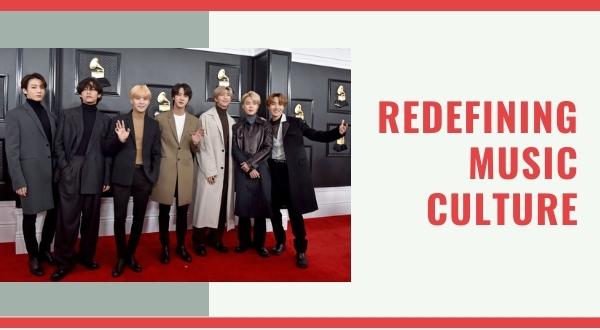
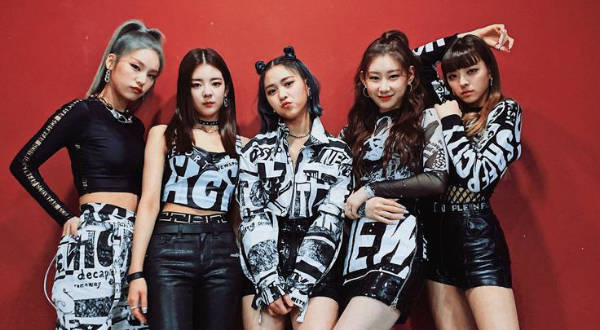
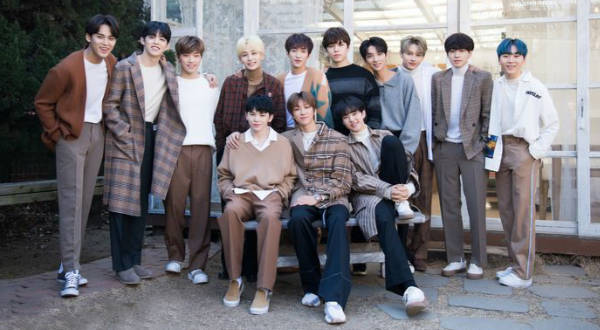
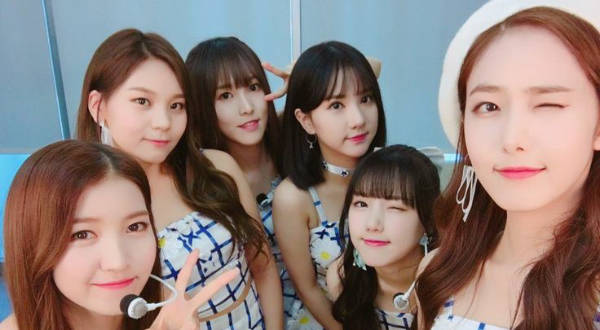
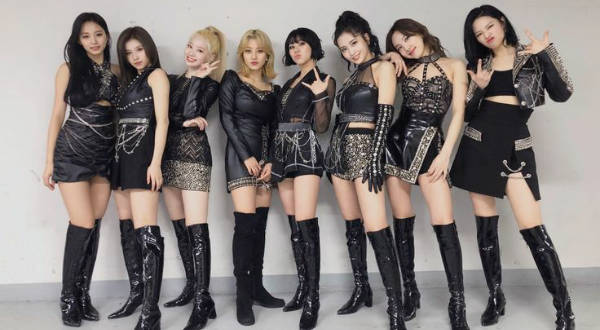






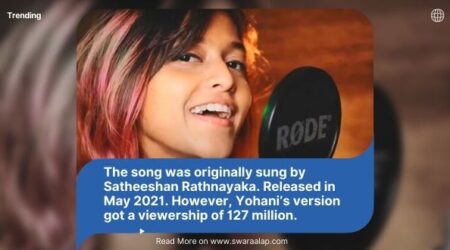


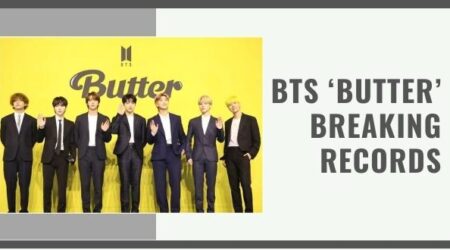

Leave a Reply